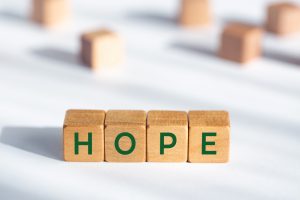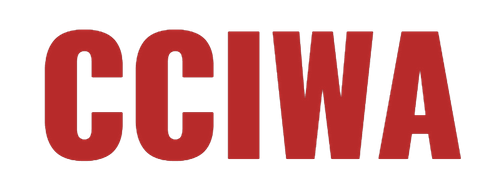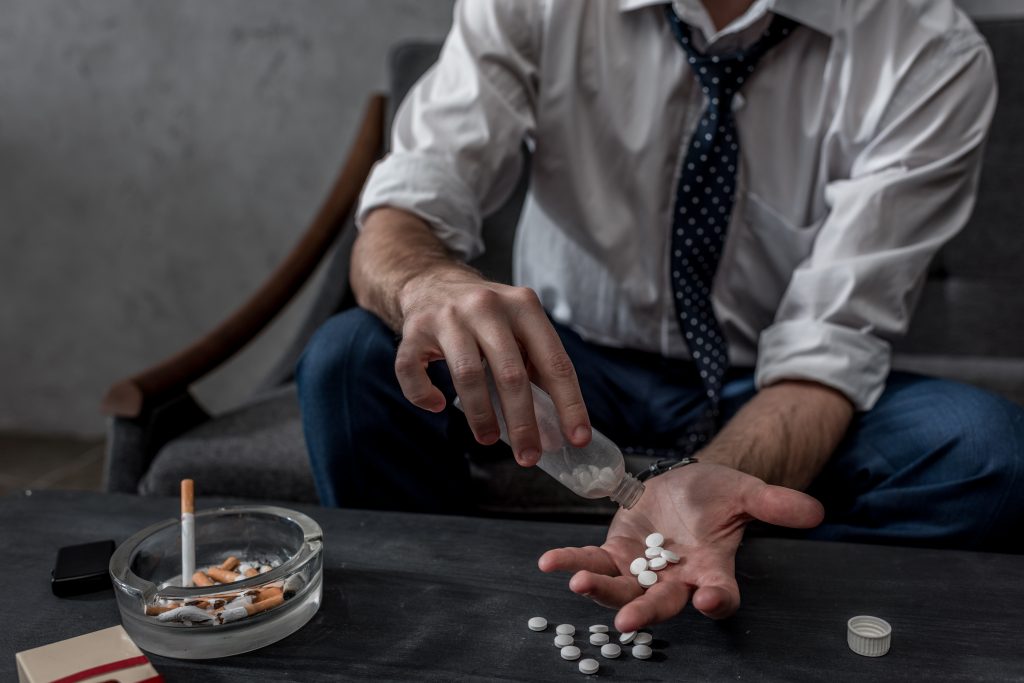According to the National Institutes of Health, approximately 10% of American adults have developed substance abuse disorder at some point in their lives. Unfortunately, only 75% of them seek drug addiction treatment from licensed rehab centers.
The truth is that drug addiction is a mind-boggling disease that can affect almost all aspects of your life. Its treatment requires highly individualized treatment methods that address the side effects and the hidden causes of addiction.
The treatment method must also focus on alleviating the consequences of the behavior on different aspects of one’s life. This usually includes their physical, mental, and emotional wellness.
In some cases, your doctor may be forced to combine different treatment methods to achieve the desired results. This blog post highlights some of the most common drug addiction treatment methods that have set patients on a successful path to full recovery.
Read on to learn more.
The Starting Point
The first step towards recovery from drug addiction is acknowledging that the addiction has become a problem in your life and is disrupting your quality of life. Once you recognize and acknowledge the negative impact of substance abuse in your life, it becomes easy for a specialist to recommend a treatment method.
For most people, drug addiction treatment may last for the rest of their lives. The primary goal of your doctor will be to set you on a path of life-long abstinence. From there, you have to do the hard work to avoid a relapse.
Drug addiction treatment methods vary depending on various factors such as the type of addictive disorder, the length and severity of substance use and the effects caused.

Your doctor will also treat or refer you for treatment of any other physical complications that you may have developed, such as liver disease or respiratory issues.
Several treatment methods are available, and most patients usually receive a combination of different approaches to increase their chances of full recovery.
Common interventions include a combination of inpatient and outpatient programs, self-help groups, medication, and psychological counseling.
Does Drug Addiction Treatment Work?
Research shows that people struggling with substance abuse disorder who choose to stick to their treatment plan to the end are likely to overcome the disease and lead a normal life.
They are also more likely to stop any criminal activities they may be engaged in and record a significant improvement in their occupational, social, and psychological functioning.
For instance, Suboxone treatment has proved to have greater success among people struggling with opioid use disorder. Behavioral therapy, which is part of the treatment plan, has led to a sharp decline in the criminal behaviors of those enrolled in the treatment plan.
However, you need to keep in mind that the treatment outcome of every patient will be unique depending on the nature and extent of their addiction and their willingness to adhere to their treatment plan to the end.
The bottom line is that drug addiction can be fully managed with the right treatment methods and dedication from the patient. Through treatment, people can overcome their addictive behaviors and regain control over their lives again.
While there is always a risk of relapsing, many things can be done to ensure you avoid it. You will only go back to drug abuse if you are unwilling to fight.
Addiction Treatment Methods That Have Proven to Be Successful
So, what are some of the common substance abuse disorder treatment methods that work? Let us find out:
1. Detoxification
Every drug addiction treatment option begins with medical detoxification. The process involves clearing residues of the abused substance from the body and limiting withdrawal reactions.
According to the Substance Abuse and Mental Health Services Administration (SAMHSA), more than 80% of drug addiction treatment clinics use medications to reduce withdrawal symptoms during detoxification.
If you are addicted to more than one substance, you will need separate medications to reduce the withdrawal symptoms of each one.
Some doctors prefer to use an NSS-2 Bridge to reduce the effects of opiate withdrawal. The NSS-2 Bridge is a simple device positioned behind the ear and produces electrical impulses that trigger certain nerves to relieve withdrawal symptoms.
2. Cognitive Behavioral Therapy
According to the American Addiction Centers, Cognitive Behavioral Therapy (CBT) is a highly valuable addiction treatment tool because it can be used to treat different forms of addiction, including but not limited to alcohol addiction, prescription drug addiction, food addiction, and illegal substance addiction.

CBT helps you recognize your unhealthy behavioral patterns and teaches you how to identify triggers and develop coping skills. CBT usually combines with other therapeutic techniques quite well.
3. Contingency Management
Contingency Management (CM) is usually used in outpatient treatment programs or drug addiction counseling sessions.
CM teaches patients relapse prevention skills so they can recognize the warning signs of the possible return to substance abuse and develop plans for preventing it.
If you are enrolled in an outpatient program, CM will help your treatment center monitor your progress. If you are not showing any signs of improvement, the center will recommend a step-up treatment plan.
4. 12-Step Program
The 12-step program is a widely known treatment plan for getting rid of substance abuse. In this program, you are required to submit yourself to greater power for help in becoming clean and sober.
There are 12 steps involved in this plan which ensures that you have the support of your peers as well as people who have gone through the same thing before. It is one of the most effective treatment methods because it addresses different aspects of substance abuse.

Spending time with people who understand what you are going through can be very encouraging.
By the time you finish the 12-step program, you will have a good understanding of how to maintain an addiction-free life which includes physical, mental and spiritual well-being. Without these skills, it will be very difficult for you to get through life without experiencing another relapse.
5. Rational Emotive Behavior Therapy
Rational emotive behavior therapy is designed to help patients understand their thoughts and then use them to develop ways to change their behaviors and regulate their emotions.
This method focuses on the fact that you have control over your own thought processes, which can be used to correct negative behavior patterns such as drug abuse.
Some patients who did not believe they had any control over their lives before might find it hard to accept this concept.
6. Medical Treatment of Drug Addiction
Whether you are suffering from addiction to illegal substances such as cocaine, heroin and ecstasy or prescription drugs, the best way to overcome this disorder is by undergoing medical treatment.
The medications administered help alter moods, prevent relapse, handle withdrawal symptoms, reduce addictive tendencies, and lessen cravings. The dependency on these medications may be temporary or permanent, depending on the type of addiction you are handling.
Medical professionals might prescribe anti-psychotic medications to help with cravings and withdrawal symptoms. Different types of prescription drugs may be taken depending on the severity of your addiction.

For example, antidepressants can be given in addition to behavioral therapies for people who are severely depressed because depression greatly affects motivation levels.
Anti-craving medications like Vivitrol can be given to people who are alcoholics. This helps prevent withdrawal symptoms and cravings for alcohol.
Naltrexone is another medication that has shown to be effective in treating heroin addiction. It works by blocking opioid receptors in the brain, thus preventing the high “feeling” after using this substance.
Summary
Clinical studies have shown that addiction can be treated successfully using either psychological or medical treatments or a combination of both.
The type of treatment needed is dependent on the type of substance being abused, how long it has been consumed, the severity of the condition and physical health.
If you or your loved one are struggling with an addiction, do not hesitate to reach out to us for professional assistance.
We have a team of experienced Suboxone doctors ready to help you overcome addiction and take back control of your life.
All our doctors are licensed to practice in the US with many years of experience treating addictions. All consultations are free and confidential, so don’t wait another minute. Contact us today!



